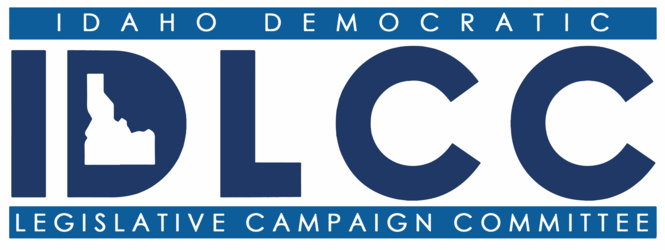The Senate Judiciary, Rules, and Administration Committee approved legislation Wednesday to remove racially restrictive language from property covenants and deeds in a unanimous vote.

Sen. Melissa Wintrow
Senate Bill 1240, sponsored by Sen. Melissa Wintrow (D-Boise), now heads to the full Senate, carrying with it strong bipartisan support. The legislation would allow homeowners and/or tenants to go to their county clerk’s office and update their housing covenant free of charge in compliance with the federal Fair Housing Act of 1968, which outlawed the use of racially restrictive language in these kinds of documents.
McKay Cunningham, the director of on-campus experiential learning at the College of Idaho, worked with Wintrow on the bill, and said this practice, along with redlining, was a common tool in the 20th century to create housing disparities based on race and prohibit people of color from buying homes. While it is illegal to embed racial covenants in property deeds nowadays, that language can still be found.
Wintrow said she was contacted by one of her constituents, Ed Labenski, who found racially restrictive language in the deed to his own home built in the 1970s.
Labenski said he and his wife, Cynthia, purchased their house in 2018, and they only learned of the provision after their bid had been accepted.
“Of course, I spent several subsequent hours researching this provision, and learned that it was void and unenforceable. But the initial impact of the language was clear and unavoidable, and it shaped our perception of the home,” Labenski told the committee in his testimony. “We have a chance to address this. … We can modify our records in a meaningful and standard way to better reflect the communities we live in today, the shared feeling and love we have for our neighbor, and the special status and prominence we give to the law in Idaho.”
Others who also spoke or submitted testimony in support of the bill included:
- Zoe Ann Olson, executive director at the Intermountain Fair Housing Council
- Linda Ipaye, a licensed real estate agent
“This housing practice has been responsible for a lot of wealth disparities between people who are white and people of color,” Wintrow said. “The legislation won’t solve that problem, but it’s a way to acknowledge the issue and replace that very ugly language and policy in our state, ensuring all people know they are welcome here.”


Recent Comments